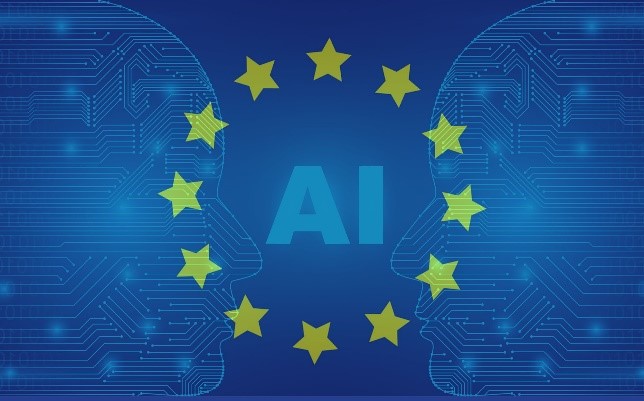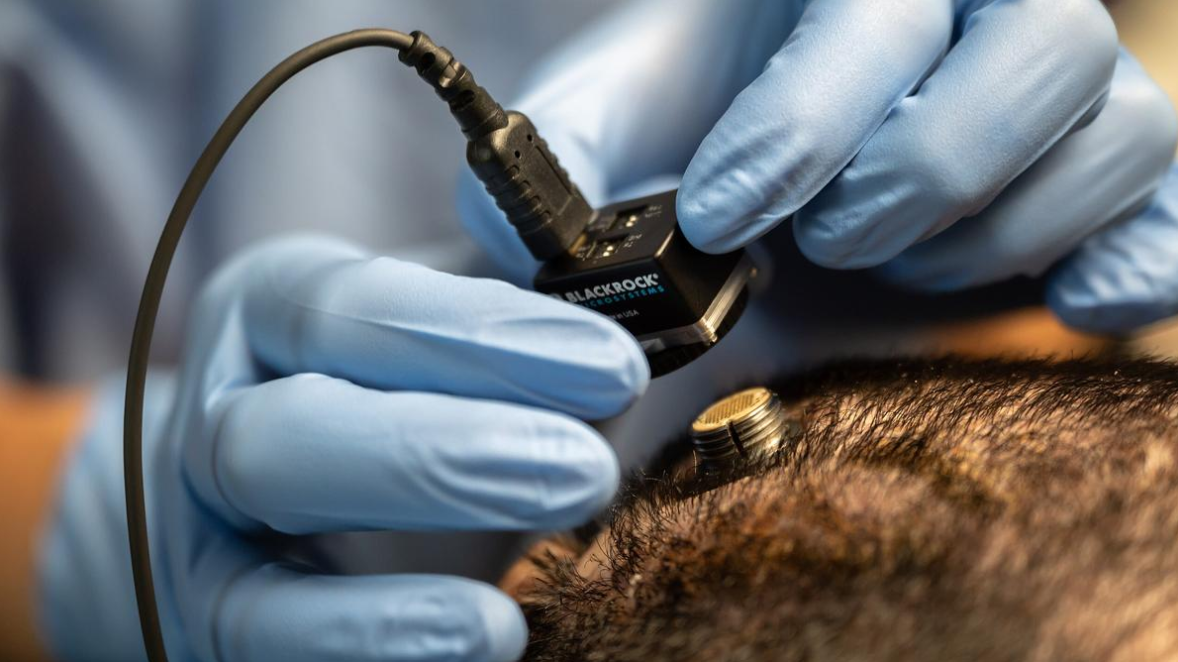Description

Disclaimer: Copyright infringement not intended.
Context
- Members of the European Parliament reached a preliminary deal this week on a new draft of the European Union’s ambitious Artificial Intelligence Act, first drafted two years ago.
What is the scope of the Act?
- The Act is expansive and will govern anyone who provides a product or a service that uses AI.
- The Act will cover systems that can generate output such as content, predictions, recommendations, or decisions influencing environments.
- Apart from uses of AI by companies, it will also look at AI used in public sector and law enforcement.
- It will work in tandem with other laws such as the General Data Protection Regulation (GDPR).
- Those using AI systems which interact with humans, are used for surveillance purposes, or can be used to generate "deepfake" content face strong transparency obligations.
What's considered 'High Risk'?
- A number of AI tools may be considered high risk, such as those used in critical infrastructure, law enforcement, or education. They are one level below "unacceptable," and therefore are not banned outright.
- Instead, those using high-risk AIs will likely be obliged to complete rigorous risk assessments, log their activities, and make data available to authorities to scrutinise. That would be likely to increase compliance costs for companies.
- Many of the "high risk" categories where AI use will be strictly controlled would be areas such as law enforcement, migration, infrastructure, product safety and administration of justice.
.jpeg)
What is a 'GPAIS'?
- A GPAIS (General Purpose AI System) is a category proposed by lawmakers to account for AI tools with more than one application, such as generative AI models like ChatGPT.
- Lawmakers are currently debating whether all forms of GPAIS will be designated high risk, and what that would mean for technology companies looking to adopt AI into their products. The draft does not clarify what obligations AI system manufacturers would be subject to.
What if a Company breaks the rules?
- The proposals say those found in breach of the AI Act face fines of up to 30 million euros or 6% of global profits, whichever is higher.
- For a company like Microsoft (MSFT.O), which is backing ChatGPT creator OpenAI, it could mean a fine of over $10 billion if found violating the rules.
When will the AI act come into force?
- The Act is being discussed by parliamentarians, and after they reach common ground, there will be a trilogue between representatives of the European Parliament, the Council of the European Union and the European Commission.
- After the terms are finalised, there would be a grace period of around two years to allow affected parties to comply with the regulations
READ:
Basics of AI:
https://www.iasgyan.in/blogs/basics-of-artificial-intelligence
AI-REGULATION-ACROSS-THE-WORLD
https://www.iasgyan.in/daily-current-affairs/ai-regulation-across-the-world
DIGITAL INDIA ACT:
https://www.iasgyan.in/daily-current-affairs/digital-india-act-11
***AI IN AGRICULTURE:
https://www.iasgyan.in/blogs/artificial-intelligence-in-agriculture
ETHICS OF AUTOMATIVE ADMINISTRATIVE STATE:
https://www.iasgyan.in/blogs/the-ethics-of-automated-administrative-state
Global Partnership on Artificial Intelligence:
https://www.iasgyan.in/daily-current-affairs/global-partnership-on-artificial-intelligence
|
PRACTICE QUESTION
Q. Rapid advances in artificial intelligence (AI) such as Microsoft-backed OpenAI’s ChatGPT are complicating governments’ efforts to agree on laws governing the use of the technology. Shed light on the latest steps that national and international governing bodies are taking to regulate AI tools.
|

https://www.thehindu.com/sci-tech/technology/explained-what-is-the-eus-artificial-intelligence-act-and-how-does-it-plan-to-rein-in-tech-like-chatgpt/article66794478.ece











